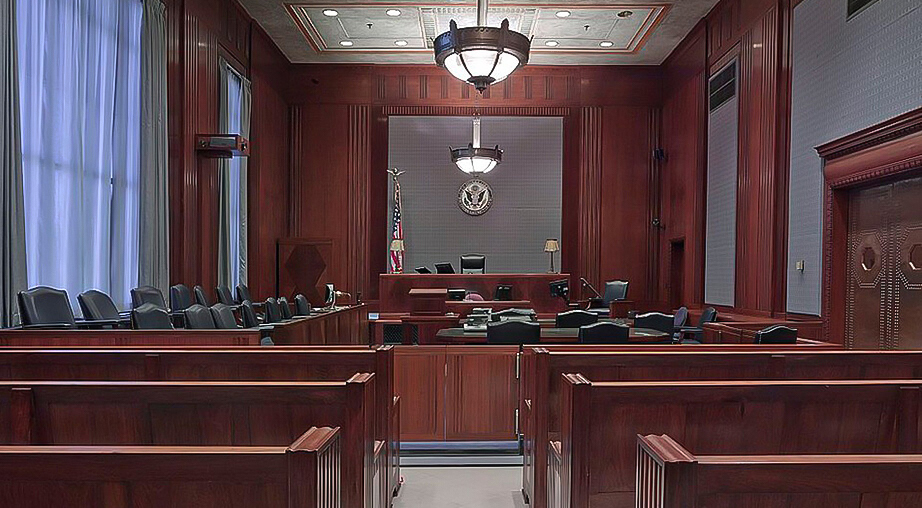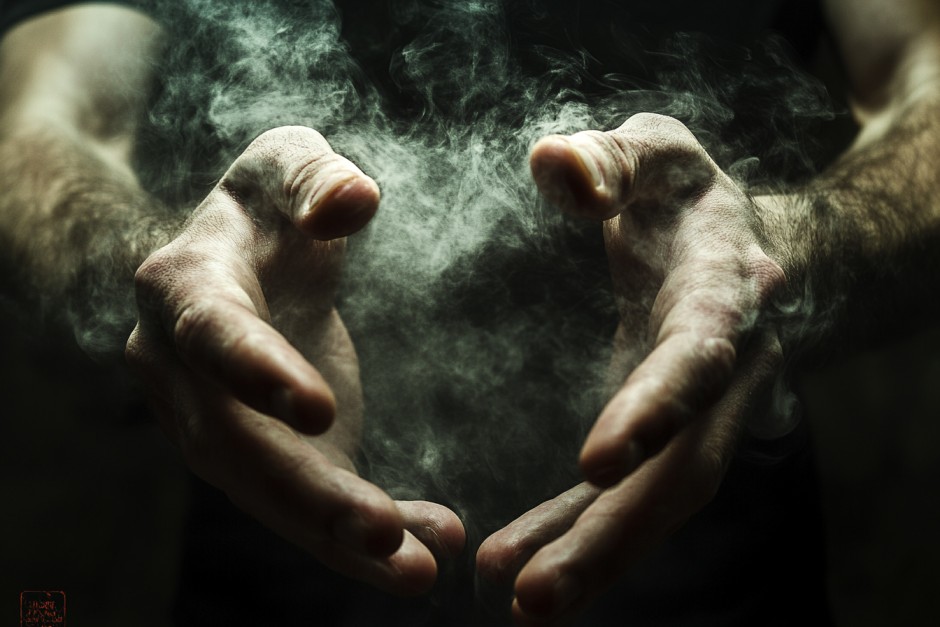As criminal defense lawyers in Harrisonburg, VA, our team at Cook Attorneys tries cases for those in our community who need legal defense. However, until the time comes when someone is going to attend a trial and needs legal representation, most individuals are unaware of what happens during a trial.
This blog will focus on the criminal trial process. In a criminal case, a trial determines whether the accused is guilty or not guilty. Every defendant is presumed to be innocent until he is proven guilty.
Read on to learn more about the steps of a trial and how to prepare for trial.
THE KEY PLAYERS IN A TRIAL

The prosecutor holds the responsibility of proving the defendant’s guilt beyond a reasonable doubt. Conversely, the defendant is not required to prove his innocence. If the prosecutor is unable to prove the guilt of the defendant beyond a reasonable doubt, the accused will be found not guilty.
The attorney who represents the accused is the defense attorney. While those who cannot afford an attorney are assigned a defense attorney by the court, many defendants choose to retain (hire) a criminal attorney to defend them against the charges brought by the prosecutor.
Criminal trials in the General District Court and the Juvenile and Domestic Relations Court are bench trials; that is, the case is decided by a judge. In the Circuit Court, the case may be tried as a bench trial or as a jury trial.
In a jury trial, members of the community decide whether the prosecutor has proven that the accused is guilty. Virginia is one of the few states where, if the defendant requests it, the jury also makes a recommendation regarding the sentence. In most cases in Virginia, however, as in most states and in federal court, the judge, not the jury, determines the sentence.
WHAT HAPPENS DURING A TRIAL? OVERVIEW OF A CRIMINAL TRIAL PROCESS
As one of the first steps in the criminal trial process, opening statements are given by one or both sides by the prosecution and/or defense. These statements sometimes provide an overview of the case and summarize the evidence and sometimes alert the judge or the jury to the important issues they need to watch for during the trial.
Because the burden of proof rests on the prosecution, they are given the first opportunity to present evidence, usually the testimony of witnesses and the presentation of physical evidence.
The defense is given the opportunity to present evidence; but in a criminal case, there is no requirement that evidence be presented.
After the presentation of closing statements by both the prosecution and the defense, the judge or the jury will consider all the evidence and the law of the case before rendering a verdict.
If the defendant is found guilty of the charges, the judge or the jury will consider additional evidence—such as the defendant’s prior record, evidence of the defendant’s character, or victim impact evidence—before announcing the sentence. Of course, if the person is found not guilty, then he is free to go.
HOW TO PREPARE FOR TRIAL?
A good lawyer will help you prepare for trial, but there are things you can do for maximum preparedness.
- Read the complaint. This is the document that is accusing you of something. Knowing what it says in detail will help your defense and make sure you’re not wasting time.
- Gather evidence and prepare witnesses. Your attorney will be very helpful during this phase of preparing for trial, but you will still probably need to gather documents, provide financial evidence, etc.
- Consult with your lawyer. You are not alone. Your attorney will be invaluable as you prepare for trial, helping you understand where to focus your attention and preparing you for anything the prosecution might throw your way.
Just remember as you prepare for trial that a lot of the outcome depends on your preparedness. Cook Attorneys is available to help along each step of the way and coach you for the best possible outcome.
WHAT IS THE ROLE OF LAWYERS IN A TRIAL?
During a trial, lawyers are the ones who call witnesses, and cross-examine the witnesses for the prosecution. They are well-versed in the law and can help you execute the strategy you put together before the trial.
You will have a choice in your defense. So what is the difference between a court appointed attorney vs private attorney?
- Court-appointed attorneys are public defenders who are often pressed for time, overworked, and under-resourced. Whether they have a year of experience or several decades, they don’t always have the resources they need to spend as much time as necessary on your case to get you a great outcome.
- Private attorneys are ones that you hire based on your need. They usually have more time and resources to focus solely on your case, and they will work for you to get the best possible results.
GET HELP FROM AN EXPERIENCED CRIMINAL DEFENSE ATTORNEY
As you can see, a good defense lawyer can make the criminal trial process easier for you. Experienced lawyers like those at Cook Attorneys can help you have a higher chance to dismiss the charge or reduce it to a less serious offense.
We offer free criminal case consultations for most criminal cases. If you’re ready to get started, please fill out the form below to request more information about how we can serve you. We look forward to hearing from you!









